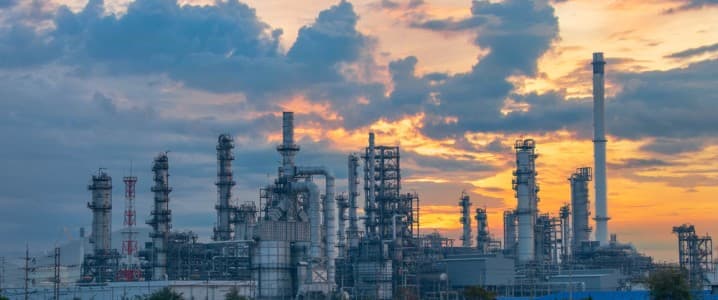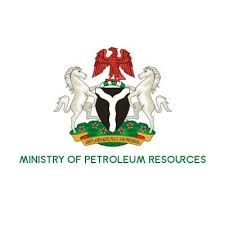
The petrochemical plant next to Africa’s largest refinery, Dangote, will export polypropylene to the global markets under an exclusive partnership with petrochemicals distributor Vinmar International.
Polypropylene (PP) – a common, versatile thermoplastic polymer – is used in many applications, including plastics, fibers, packaging, and automotive components.
“This collaboration marks an important step in expanding the reach of high-quality polypropylene produced at Dangote’s new refinery and petrochemical complex in Lekki, Nigeria,” Vinmar International said.
Dangote’s $2 billion Petrochemical Plant is designed to produce 77 different high-performance grades of polypropylene in the country.
The Dangote Petrochemical plant has a 900,000 metric tonnes per annum capacity and is situated alongside the Dangote Refinery. Once fully operational, the plant will be Africa’s biggest petrochemicals facility.
The petrochemical plant launched polypropylene production in March for the local market. Now the petrochemical unit of the Dangote Group is looking to not only meet domestic demand but become an exporter of polypropylene.
“We’re pleased to partner Vinmar to introduce Dangote Polypropylene to the global markets,” Fatima Aliko Dangote, an executive director at Dangote Group, said at the launch of the petrochemical plant, as carried by Reuters.
Nigeria imports 90% of its annual polypropylene needs, which are at around 250,000 metric tons. The Dangote plant will cover the domestic requirement and export the rest of the polypropylene produced at the site.
The Dangote oil refinery, Africa’s largest crude processing facility, began fuel production in 2024. The refinery started up in January last year with the launch of diesel and naphtha production and began producing gasoline in September.
The refinery, built by Africa’s richest person, Aliko Dangote, has total processing capacity of 650,000 barrels per day (bpd), which makes it Africa’s biggest and one of the world’s largest crude processing sites.
The refinery is expected to meet 100% of Nigeria’s demand for all refined petroleum products and will also have a surplus of each of the products for export.
By Tsvetana Paraskova for Oilprice.com
SOURCE : IN HOUSE






sertraline: AntiDepressants – Trazodone